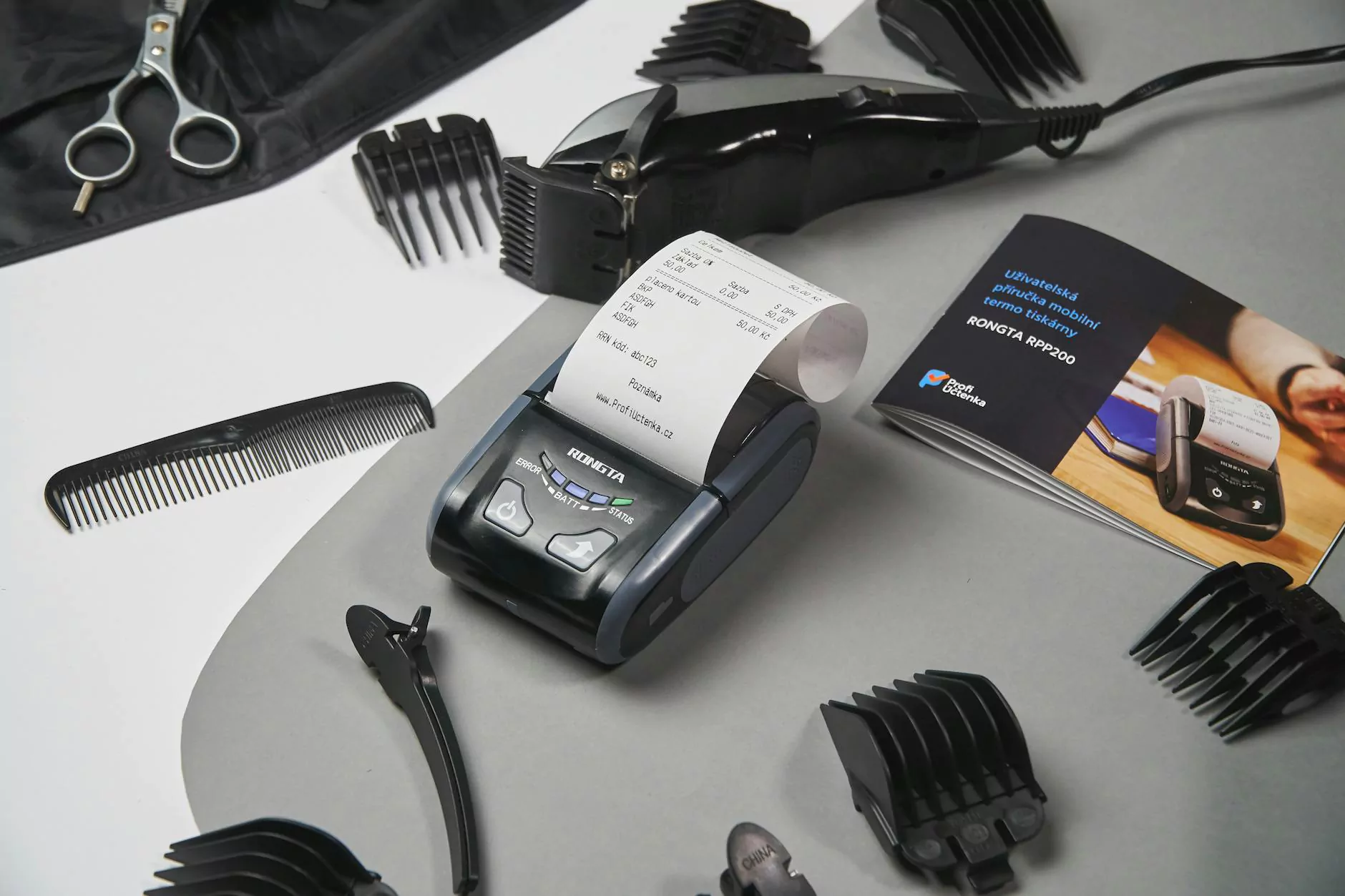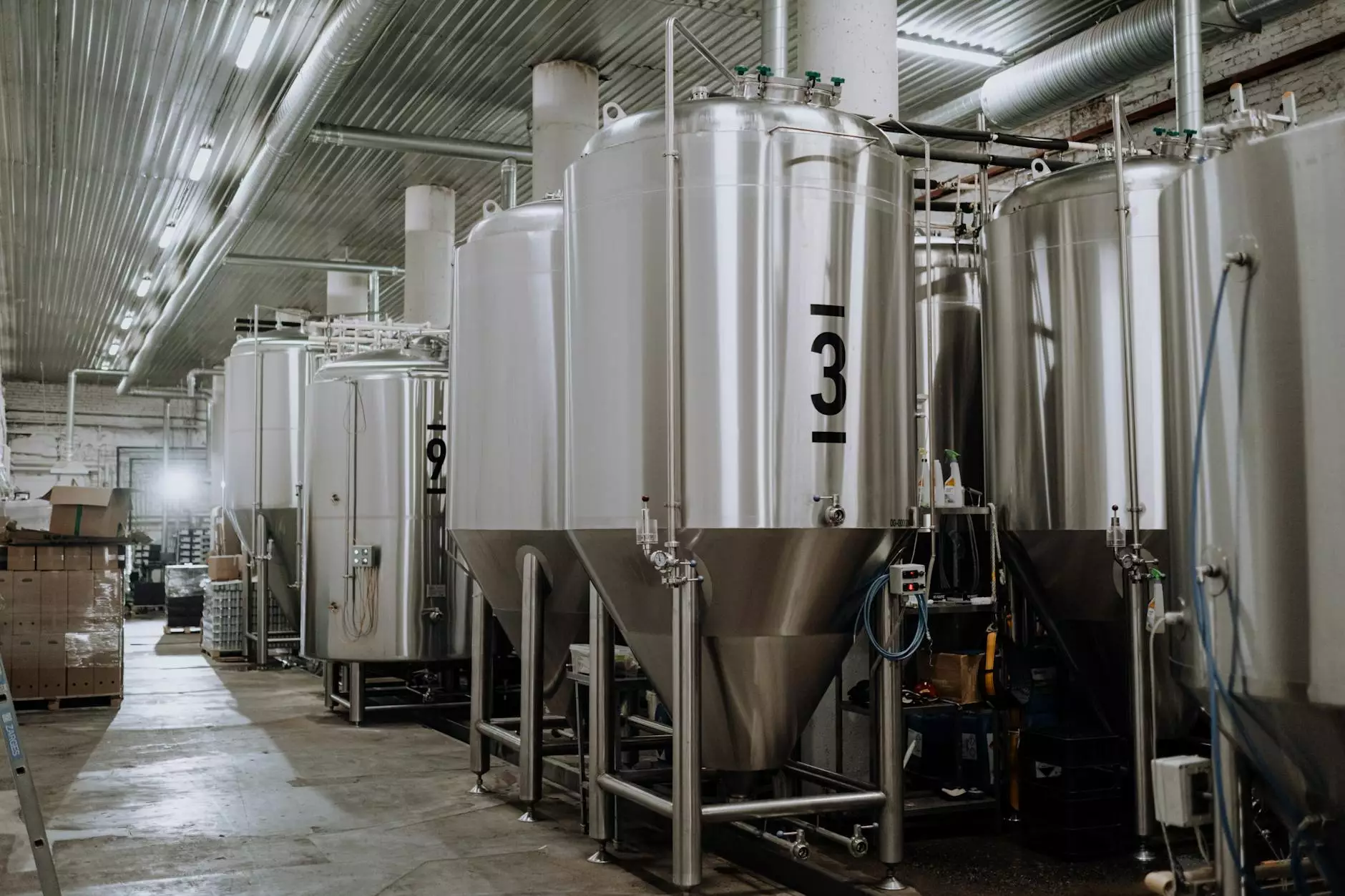Revolutionizing Kidney Care with Mobile Dialysis

In the evolving landscape of healthcare, the advent of mobile dialysis stands out as a remarkable innovation. This groundbreaking approach to kidney care not only enhances patient comfort but also dramatically improves access to treatment for individuals living with chronic kidney disease (CKD). In this extensive article, we will explore the significance of mobile dialysis, its benefits, and how it reshapes the future of healthcare delivery.
Understanding Mobile Dialysis
Mobile dialysis refers to the provision of dialysis treatments in a patient's preferred setting, whether that be at home, in a mobile clinic, or at a community health center. This approach contrasts sharply with traditional dialysis, which typically requires patients to visit specialized centers multiple times a week. The incorporation of technology and healthcare services into a mobile format symbolizes a significant shift towards patient-centered care.
Why is Mobile Dialysis Important?
The importance of mobile dialysis cannot be understated. Here are some compelling reasons why this innovation is crucial in the realm of nephrology:
- Enhanced Accessibility: One of the primary barriers faced by kidney patients is accessibility to treatment facilities. Mobile dialysis units bring treatment directly to the patient's location, eliminating the need for lengthy travel.
- Patient Comfort: Many patients feel anxious about visiting a dialysis center. Mobile units help alleviate this stress by providing care in a familiar and comfortable environment.
- Improved Adherence: By making treatments more convenient, patients are more likely to adhere to their prescribed dialysis schedules, leading to better health outcomes.
- Personalized Care: Mobile dialysis offers a more personalized approach, with healthcare providers able to offer tailored care and support directly to patients.
The Benefits of Mobile Dialysis
Mobile dialysis is reshaping the treatment landscape for kidney disease management. Let's delve deeper into the benefits that make this methodology not just a trend but a vital component of modern healthcare.
1. Increased Quality of Life
For patients undergoing dialysis, the routine can be overwhelming. Traditional dialysis treatments involve long hours spent at a clinic, often resulting in fatigue and a significant time commitment. Mobile dialysis mitigates this issue by:
- Reducing travel time and associated stress;
- Allowing patients to stay in the comfort of their homes;
- Offering flexible scheduling that can adapt to the patient’s lifestyle and preferences.
2. Continuity of Care
Mobile dialysis promotes a continuity of care that is often lacking in traditional setups. Patients can build strong relationships with their healthcare providers, ensuring that:
- Providers have a deep understanding of the patient’s medical history;
- Care can be adjusted promptly in response to any emerging health issues;
- The support system around the patient is fortified, as family members can be more involved in the treatment process.
3. Cost-Effectiveness
Mobile dialysis can also serve as a cost-effective solution for healthcare systems and patients alike:
- Reduced transportation costs for patients;
- Lower hospital readmission rates due to more effective management of health at home;
- Efficient use of healthcare resources by minimizing the burden on dialysis centers.
How Mobile Dialysis Works
The mechanics of mobile dialysis are fascinating and integral to its success. Here’s a brief overview of how it functions:
1. Mobile Dialysis Units
Mobile dialysis units are specially equipped vehicles that function as mini-clinics. These units are outfitted with:
- Advanced dialysis machines capable of performing both hemodialysis and peritoneal dialysis;
- Monitoring equipment to ensure patient safety;
- Comfortable seating and privacy for the patient.
2. Telehealth Integration
Modern technology plays a significant role in mobile dialysis. Telehealth allows:
- Real-time monitoring of patients’ vital signs and dialysis parameters;
- Remote consultations between patients and nephrologists;
- Access to healthcare records for better decision-making.
Who Can Benefit from Mobile Dialysis?
Mobile dialysis is not just for all patients; it particularly benefits:
- Individuals living in remote or underserved areas with limited access to dialysis centers;
- Patients with mobility issues or comorbidities that make travel difficult;
- Those looking for a more personalized treatment experience.
Challenges and Considerations
While the benefits of mobile dialysis are numerous, several challenges must be addressed to ensure its viability:
- Regulatory Issues: Healthcare regulations can vary substantially by region, impacting mobile clinics' operation.
- Financial Model: Sustainability of mobile dialysis units often relies on innovative funding and reimbursement models that still need widespread adoption.
- Patient Education: Success depends on ensuring patients understand how to manage their care effectively in a mobile setting.
The Future of Mobile Dialysis
As our healthcare system evolves, the future of mobile dialysis appears promising. Innovations on the horizon might include:
- Advanced AI for personalized treatment plans;
- Improved telehealth capabilities for remote monitoring;
- Expansion of services offered in mobile clinics, incorporating holistic and preventive care.
Transforming Healthcare for the Better
Mobile dialysis signifies a transformative step in healthcare delivery for individuals with kidney disease. By prioritizing patient needs, enhancing comfort, and improving access to care, mobile dialysis is redefining the treatment landscape. As technology advances and more healthcare providers embrace this model, we can envision a future where kidney care is not just a clinical obligation but a seamless, patient-centered experience.
Conclusion
In conclusion, the rise of mobile dialysis represents a significant breakthrough in the management of chronic kidney disease. With its ability to improve patient quality of life, enhance accessibility, and provide personalized care, this innovative approach paves the way for a healthier future. As we continue to adapt to our patients' needs and embrace technological advancements, mobile dialysis will undoubtedly play an integral role in shaping the future of kidney health.
For more information on mobile dialysis and how it can benefit you or a loved one, visit odulairmobileclinics.com.









